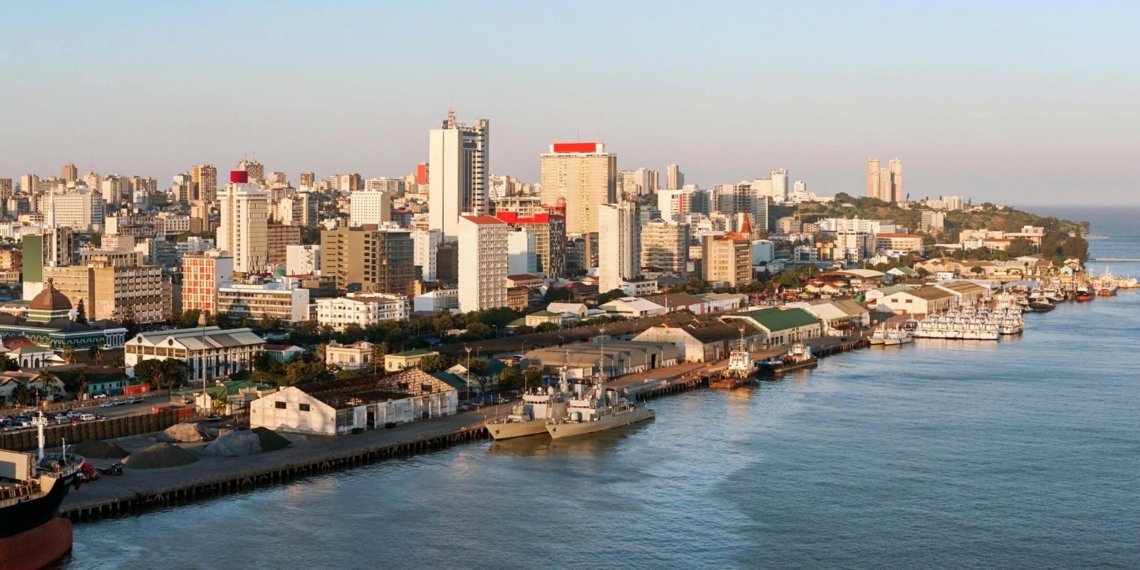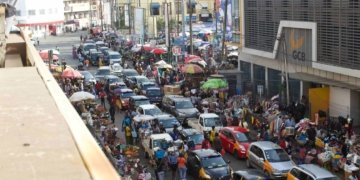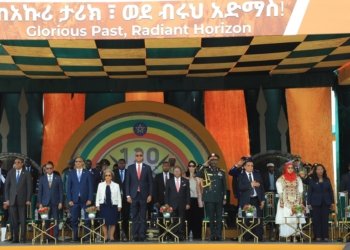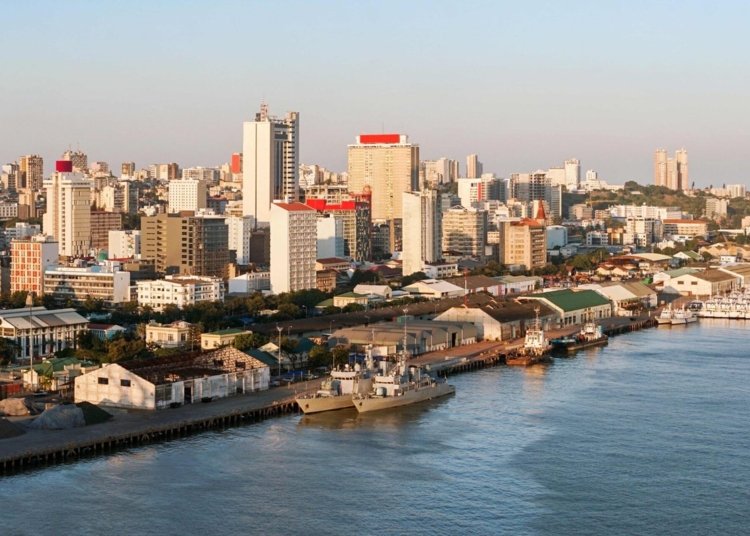JOHANNESBURG, South Africa (BG) – The African Energy Chamber (AEC) has emphasized the importance of peace and stability in Mozambique as the southern African nation prepares to restart a $20 billion Liquefied Natural Gas (LNG) project, expected to produce 13.1 million tonnes annually and significantly boost its energy sector.
According to a statement from the AEC on Friday, fostering unity and addressing unrest following the 2024 general elections is critical to Mozambique’s ambitions of becoming a global energy leader.
Discovered in 2010, Mozambique’s significant offshore gas reserves have positioned the country as a potential top-ten global LNG producer, accounting for 20% of African production by 2040.
The International Monetary Fund (IMF) has projected total revenues of $500 billion from LNG exports by 2045, with an anticipated average annual GDP growth of 24% from 2021 to 2025.
Major energy companies, including TotalEnergies, ExxonMobil, and Eni, spearhead transformative projects like Coral Sul LNG and Rovuma LNG, alongside new gas-to-power initiatives nearing completion.
Mozambique’s strategic 2,700-kilometer coastline along the Indian Ocean positions it as a global energy hub and strengthens its role as a regional trade gateway.
Neighboring countries, including Zimbabwe, Tanzania, and South Africa, stand to benefit from Mozambique’s industrialization and energy production.
Mozambique, a Global Energy Hub
Mozambique is emerging as a significant player in the global energy sector, leveraging its abundant natural resources to enhance domestic energy access and contribute to international energy markets.
Despite this potential, political stability remains a linchpin for progress. NJ Ayuk, Executive Chairman of the AEC, stressed: “Peace and stability are essential for Mozambique to unlock its immense economic potential. As the country emerges as a global energy hub, the confidence of the international community rests on a unified and secure nation.”
The AEC underscored that without sustained peace, the confidence of international investors could waver, jeopardizing the development of Mozambique’s natural resources.
In light of ongoing challenges, the organization called on the government and opposition to commit to unity, democratic principles, and inclusive development to drive the country’s transformation into a trusted global energy partner.
As Mozambique stands at a pivotal juncture, experts and stakeholders agree that peace is a prerequisite for energy projects and a foundation for broad-based economic growth, regional integration, and sustainable development.
About two-thirds of its estimated 33 million people (2022) live and work in rural areas. The country has ample resources, including arable land, abundant water sources, energy, mineral resources, and newly discovered natural gas deposits off its coast, according to the World Bank.
The Southern African country has three deep seaports and a relatively large potential pool of labor. It is also strategically located: four of the six countries it borders are landlocked, hence dependent on Mozambique as a gateway to global markets.






















